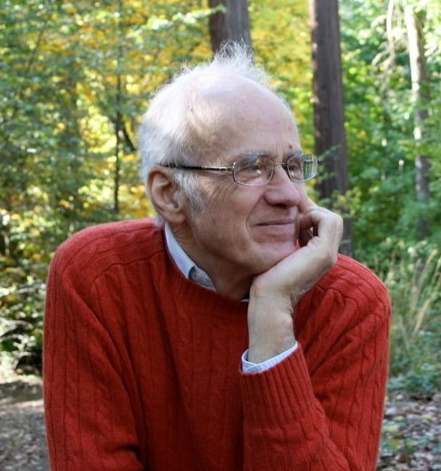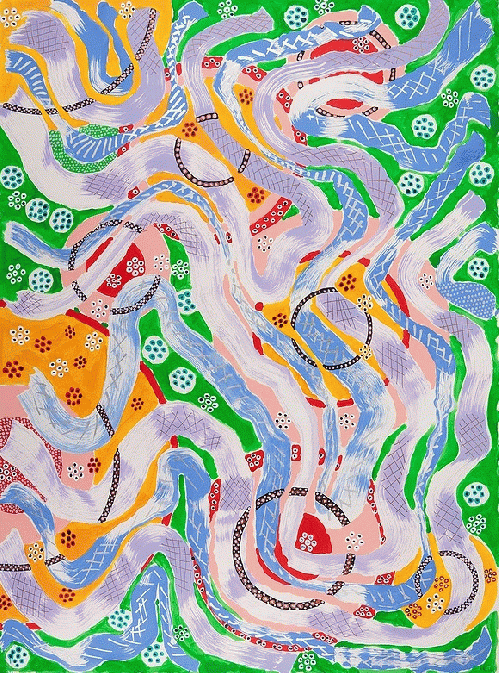Donald Trump has been gaming the media better than anyone since Joe McCarthy in the 1950s. What they have in common, besides an agenda of fear, is the figure of Roy Cohn, who was McCarthy's close aide, then one of young Trump's mentors. Without the free publicity given by the media, would Trump be President?
It's a tough situation for reporter or editor, whether print, radio, or TV. Is it enough to get good quotes from "both sides," both a provable lie or false accusation from one side and factual evidence from the other? Is it enough to fact-check later and compile long lists of lies? Is it enough to say, "all politicians lie"?
The last rhetorical question is easy to answer. Yes, many politicians try to distract people from inconvenient facts. Yes, some rely on secrecy. And yes, some talk out of both sides or issue statements so vague that they can hope not to offend anyone.
But this ordinary stuff differs from outright lies and false accusations, repeated not only by the guy at the top, but by many surrogates.
Ordinarily, it would be news if a high official tells a lie (or as media have delicately said, a "mis-statement," an "untruth," or an "unhinged" aside or rant). High officials are not supposed to tell outright lies, or hint that their followers might engage in violence. Telling lies sets a bad example for children and troubles the soul of a democracy. Even p*ssy-footing around violence encourages the tiny number of potentially destructive folks who mail bombs to, pr shoot guns at, people.
What are reporters to do? It was Hannah Arendt, the German-American political philosopher, who said: "The moment we no longer have a free press, anything can happen. What makes it possible for a totalitarian or any other dictatorship to rule is that people are not informed; how can you have an opinion if you are not informed? If everybody always lies to you, the consequence is not that you believe the lies, but rather that nobody believes anything any longer. And a people that no longer can believe anything cannot make up its mind. It is deprived not only of its capacity to act but also of its capacity to think and to judge. And with such a people you can then do what you please."
How long is a pattern of lying still considered news? A friend set out to build a cell-phone app that would flash every time Trump (or his surrogates) told a provable lie or made a false accusation, but then realized he had it backwards. The device would exhaust its batteries much less rapidly if it flashed whenever a truth was told.
Lies by high officials should certainly be reported, but not necessarily on the front page or at the top of TV news. What about a small story on page 16? "President lies again." And perhaps the brief stories could each end with a question: "who is an 'enemy of the people,' a person who misleads with provable lies and false accusations or reporters who try to serve their readers or watchers by presenting facts?"
Is it good journalism to report effusions that are truly "fake" as if they were said by a responsible person? To let the news be dominated by people who just make stuff up? Who openly describe their evidence as "alternative facts"? It would be interesting if reporters and editors decided that lies from serial liars aren't news.
The issue is not catching people in lies. It's who dominates the news. Our founding fathers did not assure "freedom of the press" to allow con men and women to game the media.






